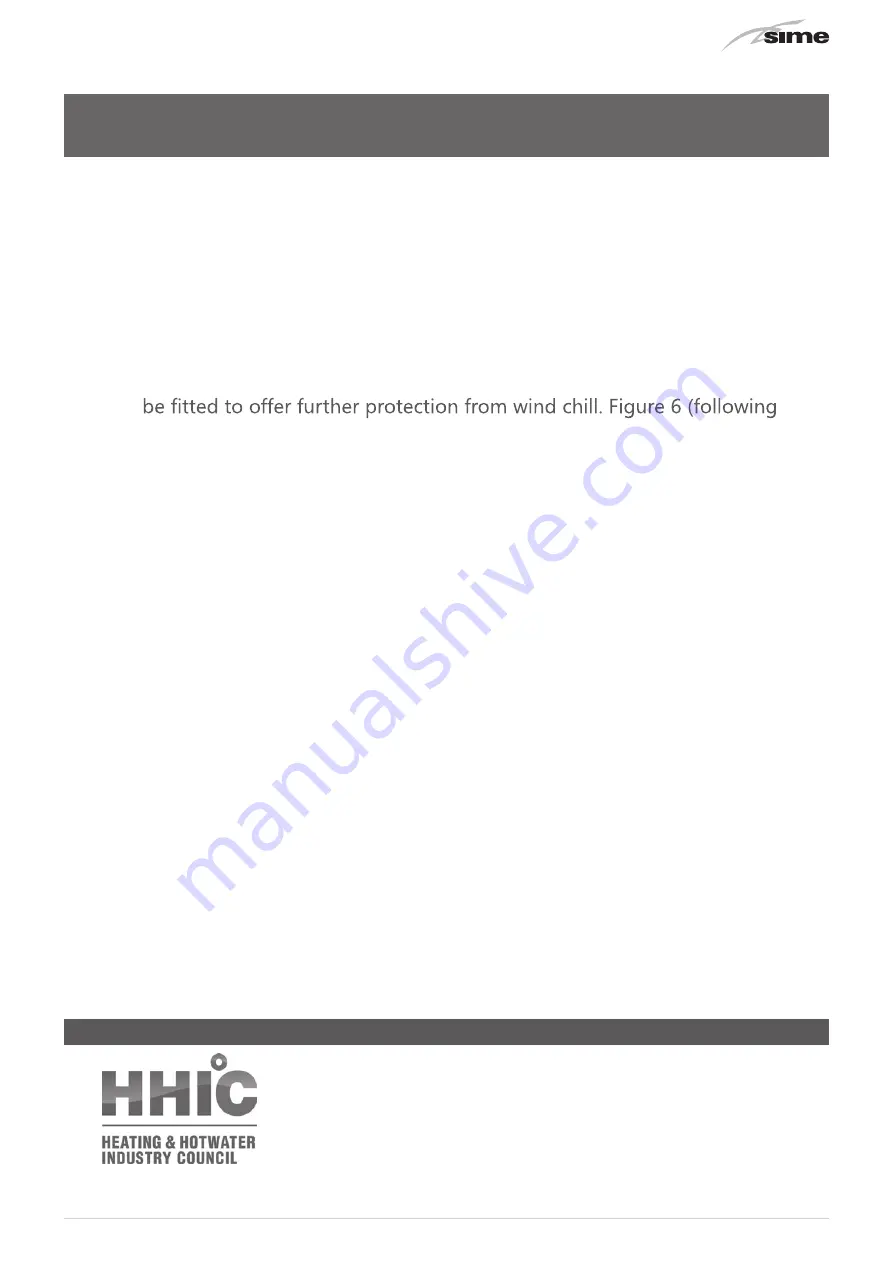
95
External Connections
External Termination of the Condensate Pipe
Where the condensate discharge pipe is terminated over an open foul drain or
gully, the pipe should terminate below the grating level, but above water level,
in order to minimise “wind chill” at the open end. Pipe drainage and resistance
to freezing will be improved if the termination end of the condensate pipe is cut
at 45 degrees as opposed to a straight cut.
The use of a drain cover (such as those used to prevent blockage by leaves)
must
page)shows a suitable connection method. Where the condensate drain pipe
terminates in a purpose-designed soakaway (see BS 6798:2014 or boiler
installation manual for soakaway design requirements) any above-ground
section of condensate discharge pipe should be run and insulated as described
above. Figure 7 (following page) shows a suitable connection method.
Unheated Areas in Buildings
Internal condensate drainage pipes run in unheated areas such as lofts,
basements and garages should be treated as external connections and insulated
accordingly. Weather proof materials may not be necessary and should be
assessed by the heating engineer.
Use of Air Breaks In Condensate Discharge Pipes
Installers should follow the manufacturer’s instructions on the use of air breaks
in condensate discharge pipes. A visible air break and trap is not required if the
boiler condensate trap has a minimum condensate seal of 75 mm incorporated
into the boiler.
October 2018 Issue 1.0






































